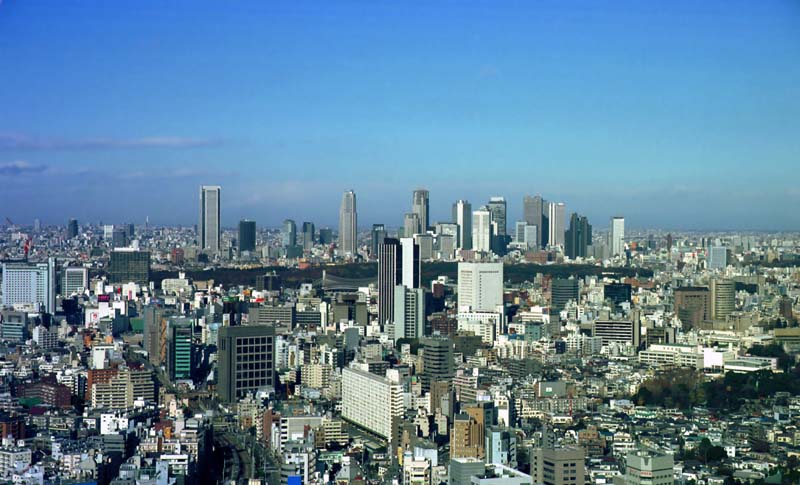Live in “Muen-Society”
“Man is by nature a political animal.” This is a well-known quote by Aristotle. People cannot live alone.
“Muen-Society,” which is the theme of our report, refers to the contemporary Japanese society in which human relationships have diminished because of weakening family ties as well as decreasing sense of belonging to the local community or the company. The word “Muen,” which means being disconnected, appeared in the documentary program made and broadcasted by NHK in 2010.
In Japan, the number of one-person households has been increasing steadily largely due to the aging of the society and people’s tendency to stay unmarried. According to the estimates by National Institute of Population and Social Security Research, the number of one-person households will exceed 18 million by 2030, increased from about 14.5 million in 2005. It accounts for 30 percent of all households.
Another severe problem is so-called solitary death. A fear of dying in solitude threatens not only the elderly but the young who live alone. The recession has caused many people to lose their jobs and seek a temporary work instead. Some are forced to become homeless.
How can people look after themselves? How can they retrieve a sense of belonging to a society?
We looked for clues.
(This is an introduction part of three articles which we featured about “Muen Society.”)
Written By: Teppei Yokota



